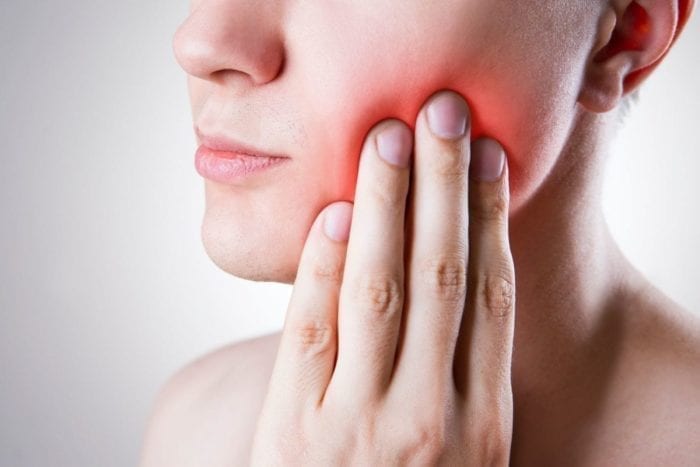Dr. Shawna Hoffert treats patients with a range of dental problems, including TMJ and occlusal disorders that can often be the underlying cause of recurring headaches. Effective treatment for a bite disorder can alleviate your pain and improve your oral health. Dr. Hoffert offers a comprehensive diagnosis and treatment for TMJ and occlusal disorders.
What is TMJ?
TMJ is a chronic pain disorder that can affect the jaw, face, neck, and shoulders. Though often associated with malocclusion, TMJ may be caused by a range of factors. Dr. Hoffert treats each patient on a case-by-case basis to ensure they receive comprehensive and conservative dental treatment for their TMJ pain.
Causes of TMJ
The cause of TMJ varies among patients. Several factors can cause the chronic pain associated with TMJ.
- Trauma To The Temporomandibular Joints: If your jaw was damaged during a sports game, an accident, or chronic clenching and teeth grinding, it may contribute to your TMJ pain. If the disc erodes or moves out of alignment, it can lead to popping or clicking sounds and may result in arthritic-like symptoms.
- Malocclusion: This means your bite is not properly aligned. If your teeth do not fit together properly you can cause stress or damage to the jaw joint, resulting in discomfort. In some cases, realigning the bite can help reduce TMJ pain.
- Teeth Grinding: Many patients grind their teeth when they are sleeping, or clench their jaw in times of stress. Teeth grinding can cause damage to the jaw joint and put stress on the associated muscles. Oral appliances worn during sleep can help to alleviate the tension caused by teeth grinding.
Can I treat TMJ at home?
Your treatment will depend on the severity of your problem and whether there is a need for tooth repair or realigning the bite. Treatment options for TMJ include:
- Mouthguard or night guard: the most conservative option for patients who may grind their teeth but show no signs of wear or damage. A custom-fit mouthguard can align the jaw joints and prevent muscle tension as a result of teeth grinding.
- Restorative dentistry: Dr. Hoffert may recommend restorative procedures to repair worn teeth or adjust the bite. These can include tooth bonding and dental crowns.
- Orthodontics: for patients with crooked or misaligned teeth that are affecting the bite, braces may be recommended to improve dental health and TMJ symptoms.
What happens if TMJ is left untreated?
If TMJ disorder is left untreated, it can contribute to significant discomfort and tension. Chronic pain can even lead to the development of diseases like anxiety and depression. Without treatment, TMJ can worsen the pain, leading to excruciating levels that may require medical intervention. Patients with untreated TMJ may experience debilitating neck or jaw pain, depression, malnutrition, or develop eating disorders as a result of their pain.
Do you suffer from chronic headaches, jaw pain, or earaches? If you experience recurring headaches or migraines with no relief from traditional treatment, call or schedule an appointment online to discuss your concerns with Dr. Hoffert.
